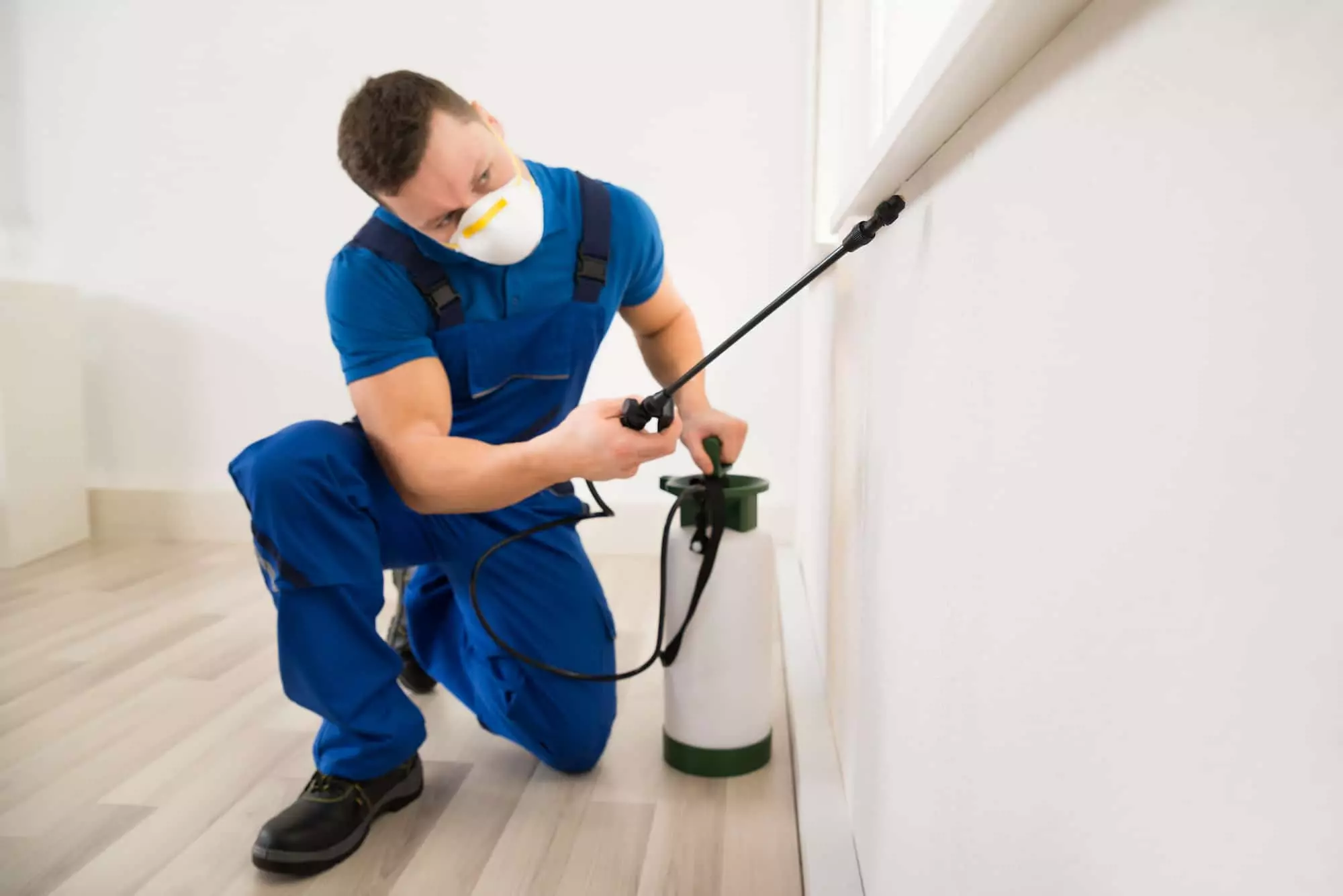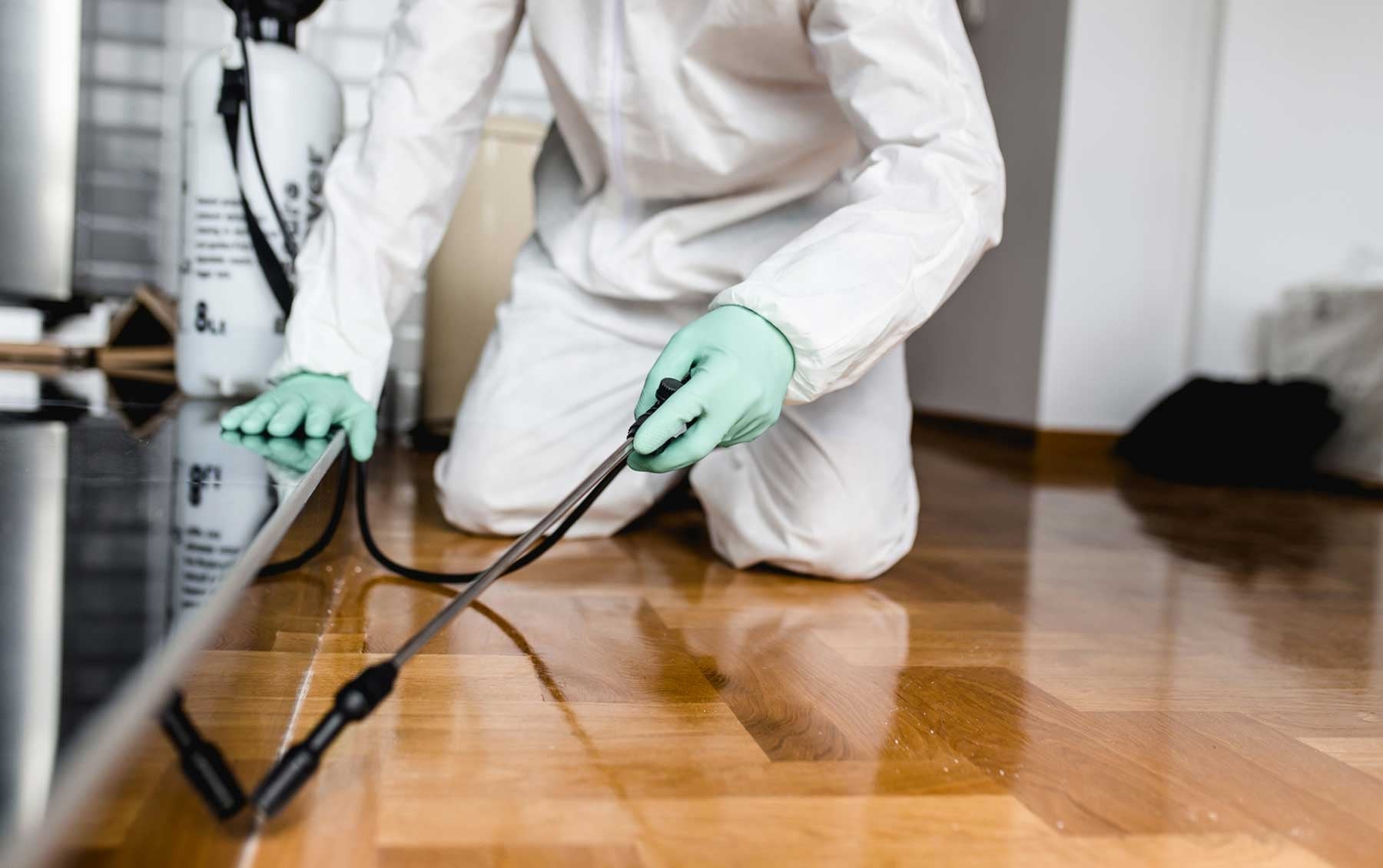Professional Wasp Control Coquitlam: Safe and Efficient Pest Removal
Professional Wasp Control Coquitlam: Safe and Efficient Pest Removal
Blog Article
Safe and Trustworthy Pest Control for Lasting Security
Reliable pest management calls for a diverse technique that stabilizes ecological honesty with the requirement for reliable insect suppression. The subtleties of these approaches may not be immediately clear, prompting a closer examination of the techniques that can lead to lasting bug control results.
Understanding Pest Control Approaches
Parasite control incorporates a range of methods focused on handling and eliminating unwanted pests and rats that can endanger both health and residential property. Comprehending these methods is essential for effective pest monitoring.
The key classifications of bug control techniques include mechanical, organic, and chemical strategies. Mechanical methods include physical obstacles and catches to avoid insect entry and capture undesirable types. Making use of displays on windows or employing sticky traps can considerably minimize bug populaces without presenting unsafe materials - exterminator coquitlam.

Chemical pest control is commonly one of the most recognized method, utilizing chemicals to eliminate bugs. These chemicals can be efficient yet have to be made use of with care to stay clear of adverse effects on non-target species and the environment.
Benefits of Eco-Friendly Solutions
Just how can green remedies change parasite control techniques? The fostering of environmentally friendly parasite control techniques provides numerous benefits, significantly boosting the performance and safety of parasite monitoring.

Another advantage is the favorable influence on neighborhood biodiversity. Green solutions are developed to target certain parasites while preserving useful pests and wild animals, advertising a balanced community. This method lines up with the expanding customer need for lasting techniques, enhancing the reputation of insect control providers.
Integrated Pest Administration Methods
The execution of green solutions normally leads to the adoption of Integrated Pest Management (IPM) strategies, which further enhance insect control efficacy. IPM is an alternative method that combines multiple tactics to manage parasite populaces while lessening ecological effect. This technique emphasizes making use of organic, social, mechanical, and chemical controls, making sure a lasting and well balanced technique of pest monitoring.
One basic element of IPM is the complete evaluation of pest activity and ecological problems. By keeping an eye on insect populations and recognizing their life cycles, specialists can execute targeted interventions that disrupt the parasite's environment or lifecycle, decreasing reliance on chemical pesticides. In addition, social methods such as crop rotation and environment manipulation can significantly lessen parasite establishment and reproduction.
Another essential part is using organic control representatives, such as valuable bugs or bacteria, which can naturally subdue bug populaces. When chemical applications are necessary, IPM prioritizes the use of low-risk chemicals and applies them uniquely, minimizing direct exposure to non-target microorganisms and humans.
Integrating IPM strategies not only improves parasite control efficiency yet also advertises a much safer ecosystem, lining up with the expanding need for sustainable methods in parasite management.
Safe Practices for House Owners
Recognizing the significance of risk-free techniques in pest control can equip home owners to efficiently handle parasite my website issues while securing their wellness and the setting. Executing safe approaches and preventive actions is click here for more info important in decreasing exposure to unsafe chemicals.
Property owners need to initially assess their atmosphere for conditions that attract insects, such as standing clutter, water, and food waste. Regularly cleaning and sealing entry points can deter pests from getting into the home. Making use of natural deterrents, such as essential oils or diatomaceous earth, can offer effective alternatives to chemical pesticides.
When chemical treatments are essential, property owners should select items that are specifically labeled as safe for household usage. It is important to comply with application guidelines meticulously to stay clear of too much exposure. Additionally, using targeted therapies in areas where pests are recognized, as opposed to blanket splashing, can substantially reduce chemical use.
Lastly, keeping open communication with insect control specialists is essential. Property owners ought to ask about the safety and security of items utilized and demand environment-friendly options whenever feasible. By adopting these secure methods, home owners can create a much healthier living setting while efficiently taking care of pest issues.

Tips for Long-Term Security
Developing a parasite management method that stresses lasting protection can considerably boost the performance of the safe practices previously talked about. To accomplish this, home owners should implement routine assessments of their property, concentrating on hidden areas such as attics, basements, and crawl areas. Early detection of insect task is critical in preventing infestations from taking hold.
These practices minimize attractants that draw bugs into the home. Sealing entrance points, such as fractures around windows and doors, can properly block prospective insect gain access to.
Landscaping should additionally be considered; maintaining plants trimmed and maintaining a range in between plant life and the home minimizes concealing places for bugs. Utilizing natural deterrents, such as important oils or diatomaceous earth, can further prevent invasions without considering extreme chemicals.
Lastly, working together with an expert bug control solution for routine analyses can you can try these out offer an additional layer of safety and security. These specialists can use customized referrals and progressed treatments, making sure that your home remains secured against bugs in the long-term.
Conclusion
To conclude, safe and reputable insect control calls for a diverse strategy that emphasizes eco-friendly approaches and incorporated parasite administration. By executing natural deterrents, carrying out routine evaluations, and preserving proper cleanliness, home proprietors can considerably reduce parasite populations while shielding useful bugs and the atmosphere. Partnership with specialist insect control solutions boosts the performance of these methods, making certain customized options that give lasting security and tranquility of mind against future infestations.
Reliable parasite administration requires a complex approach that balances environmental stability with the requirement for efficient pest reductions. The adoption of eco-friendly bug control techniques provides numerous benefits, significantly boosting the performance and safety and security of insect administration.The application of green remedies naturally leads to the adoption of Integrated Bug Management (IPM) approaches, which further boost pest control efficacy. exterminator coquitlam. By keeping track of insect populaces and identifying their life cycles, experts can apply targeted interventions that interrupt the parasite's habitat or lifecycle, minimizing reliance on chemical pesticides.In verdict, risk-free and reliable bug control requires a multifaceted strategy that emphasizes environment-friendly approaches and integrated bug administration
Report this page